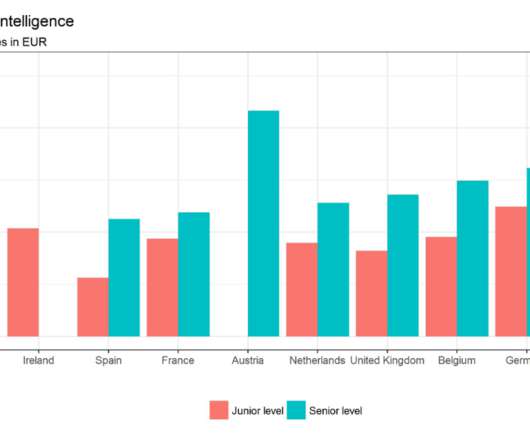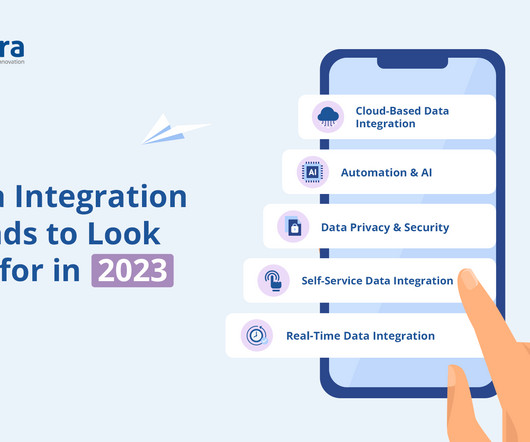How The Cloud Made ‘Data-Driven Culture’ Possible | Part 1
BizAcuity
MAY 10, 2022
It is no surprise that almost all large enterprises and SMEs have shifted a part of their operations to the cloud. The cloud market is well on track to reach the expected $495 billion dollar mark by the end of 2022. The transformation the cloud is going to witness in the next decade is beyond what we can all imagine.












Let's personalize your content